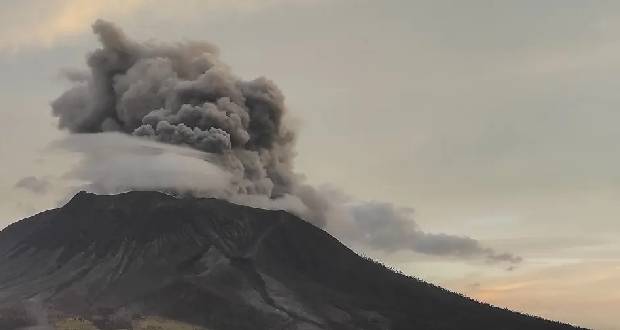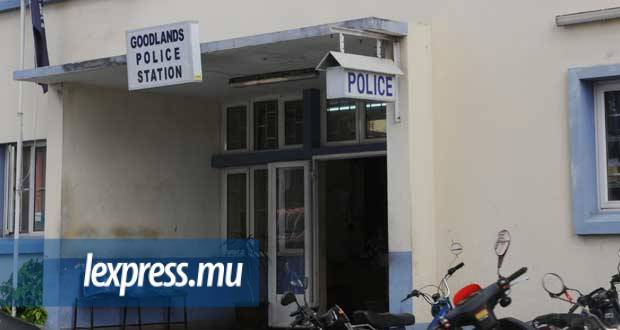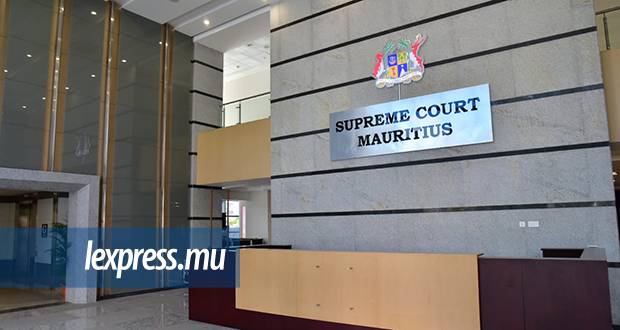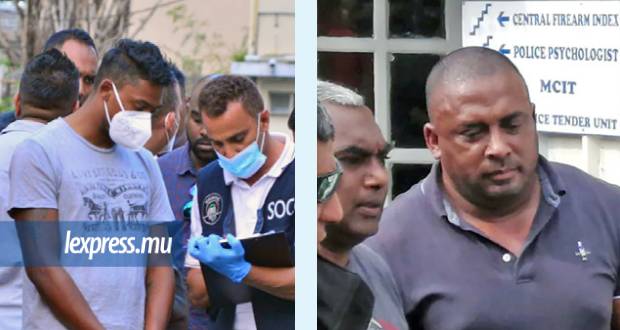Publicité
Education: Sustainability consciousness in early childhood
Par
Partager cet article
Education: Sustainability consciousness in early childhood
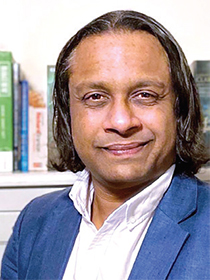

The goal of sustainability education is to prepare young children for sustainable decision-making in their future lives through social learning. This will inherently nurture, challenge, and excite children. Children will have the opportunity to inquire about how the environment supports the lives of people and all other living things, as well as investigate the differing views on how sustainability can be achieved. Overall, we need to reignite our children’s sense of connection with each other and together with the environment. Likewise, teachers need to be educated on Sustainable concepts, as embedding those concepts in early childhood would help bolster their growth.
Many commentators are convinced that a more radical transformational paradigm shift must take place if humankind is to achieve a sustainable future, with individuals in harmony with each other and the planet, recognizing that existing subconscious belief systems are maintaining the addiction to economic growth predicated on the burning of fossil fuels and socially unjust trade (exploitation of people and planet); a shift that must encompass education. Global challenges, such as inequalities, environmental degradation, loss of biodiversity, and hunger, are complex, multi-faceted, and interconnected, will require new ways of thinking and relating, mobilizing new types of co-constructed knowledge. In planning and implementing Sustainability in Early Childhood Development nationally, it is important to maintain connections between the different dimensions of sustainable development, so that kids have the chance to apply principles of sustainability throughout their lives.
To emphasize further the importance of including both cognitive and affective components in learning, Warburton (2003) claims that Effective education for sustainability prompts students to reflect on their learning and leads to changes in values, attitudes, and behaviors.
Sustainability in early childhood development
A Sustainability subject must be created and devised so that it could be included in the curriculum, such as Sustainability in early childhood development (SECD). Young infants have a remarkable facility for learning because the brain develops most rapidly during the first years of life. Likewise, early childhood represents an unparalleled opportunity to promote knowledge, positive attitudes, and a propensity towards sustainability. These good habits and positive attitudes formed during this brief developmental period could last a lifetime, allowing them to absorb different perspectives sufficiently to empower them to make decisions for a sustainable future in their everyday life. Preschools can also take advantage of children’s growing interdependence and breed sustainability.
For the first time, the global policy agenda includes early childhood education as an unambiguous priority. SDG target 4.2 calls for “quality for pre-primary education” for all children to achieve universal, inclusive, equitable education, prepare children for school, and to promote life-long learning. Hence, it is crucial for meeting the sustainable development goals (SDG) and for children to develop the intellectual skills, creativity, and wellbeing required to become responsible adults. Additionally, the sustainability concept could be introduced through storytelling, songs, teacher-guided play, and art activities, whilst simultaneously enhancing the kids’ feelings and moods. These recommendations are consistent with broadly accepted views in early childhood and practice that preschool children learn best when they are engaged in hands-on activities that capitalize on their curiosity and sense of wonder, their ability to learn through conversation with adults and peers, their interest in solving real problems, their creativity, and their love of play.
Zone of proximal development
This is an educational psychology term used to describe the gap between what students know and what they are capable of knowing with scaffolding (assistance/aid) from a teacher, adult, or student with greater knowledge. If teachers find it difficult to integrate the three dimensions of social, economic, and environmental in their understanding of the sustainability concept, it is therefore unlikely that teachers will holistically promote sustainability in their teaching. The knowledge gap of teachers has become one of the major barriers in Education for sustainability (EFS). According to the Australian Journal of Environmental Education (2019), the key barriers to integrate EFS into teaching practices are lack of comprehension, not being considered as part of their responsibility, lack of funding, etc. Therefore, teachers need to be educated on Sustainable concepts and include them in their job descriptions. Alternatively, core values and empowerment are central to sustainability leadership, and embedding those concepts in early childhood would help bolster their growth. A school leader’s role as a change agent for sustainability can be manifested in several spheres of influence: in the teaching, learning, and curriculum; in their leadership of the school, and their relations with the wider community. This leadership could have the potential to challenge some of these systemic root causes of unsustainability. The school can therefore focus on three functions of leading sustainability: distributing responsibility so that teachers and learners can explore, challenge, and enquire; creating conditions that empower rather than control; and enabling children to flourish as capable, inquisitive, connected compassionate decision-makers.
Raising awareness
At school, these educational videos for kids can be viewed to raise awareness:
- Plastic pollution problems
https://www.abc.net.au/btn/ classroom/plastic-pollution- problems/10488932
- Saving earth’s resources | How to conserve
https://www.youtube.com/ watch?v=IcyM43z0UE8
- Reduce, recycle & reuse to enjoy a better life
https://www.youtube.com/ watch?v=OasbYWF4_S8&t=23s
- Going green song
https://www.youtube.com/ watch?v=TDL3xOEjAe8
- Reduce reuse recycle song for kids
https://www.youtube.com/ watch?v=AOvcW8l3RzE
- Teach kids sustainability: What Does it Mean to be Green?
https://www.youtube.com/ watch?v=lieN18OTlME
- The Seed
https://www.youtube.com/ watch?v=sVPYIRF9RCQ
- Ways kids can help the environment
https://www.youtube.com/ watch?v=vONBU7btYuo and some sustainability consciousness videos for staffs
- Greta Thunberg | A young protester changing the world
https://www.youtube.com/ watch?v=W5iHuSFJIEI
- Eleven – our shocking coffee cup problem
https://www.news.com.au/features/v3/nlmd-2182/our-shockingcoffee-cup-problem/
- Can you live with dirty water?
https://www.youtube.com/ watch?v=6bk16CeySqM
l. H&M conscious: bring it on
https://www.youtube.com/ watch?v=7i4JSzB8VlU
- Greenwashing: A fiji water story
https://www.youtube.com/ watch?v=mOpa8kd6fBI
Schools can embark on an interactive project designed to inform and educate on the related SDGs on biodiversity, waste, energy & water. They could simultaneously engage in quality education (SDG 4) and link with climate change (SDG 13), life below water (SDG 14), life on land (SDG 15), clean water & sanitation (SDG 6), gen- der equality (SDG 5), & zero hunger (SDG 2).
However, all these SDGs are intrinsically interrelated. Hopefully, by promoting sustainability in early childhood development, children will understand the concepts of conserving natural resources, sustainable development, biodegradation, composting, recycling, and reducing waste.
Publicité
Les plus récents
